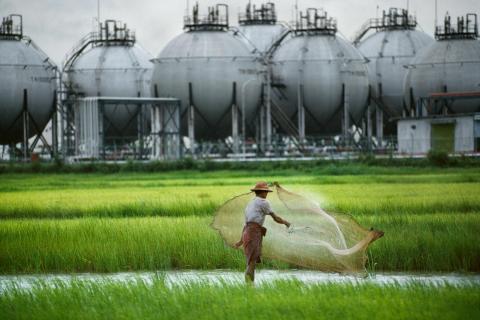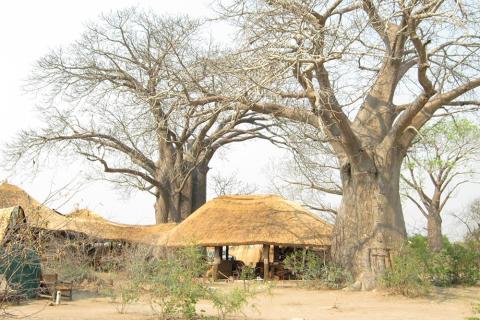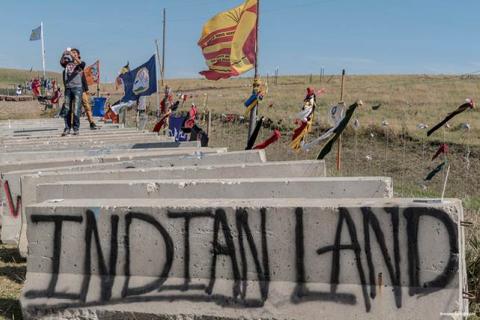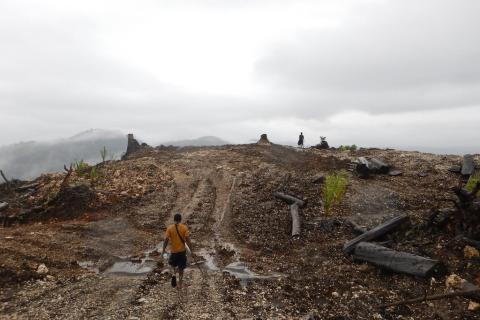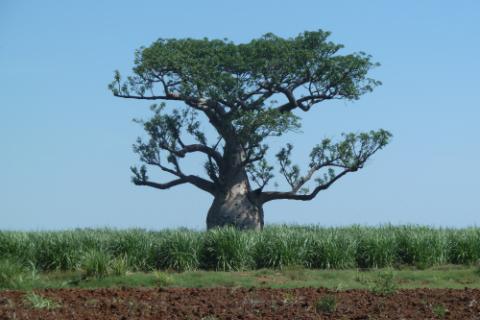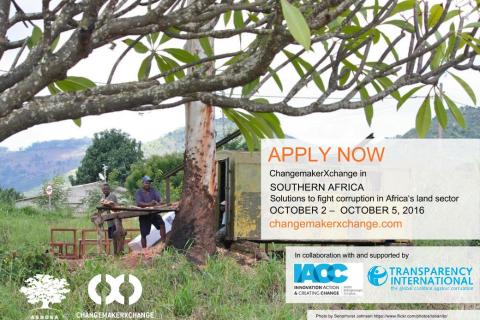Responsible Investment Requires More than a Few Corporate Social Responsibility Programs: Lessons for Chinese Outbound Investors
By Jinmei Liu, Affiliated Researcher, Faculty of Social Science, Chiang Mai University; Consultant, EarthRights International
I wouldn’t say Chinese investors are not trying to take social responsibility seriously, but they must understand that the meaning of responsible investment is much more than a few corporate social responsibility (CSR) programs.

